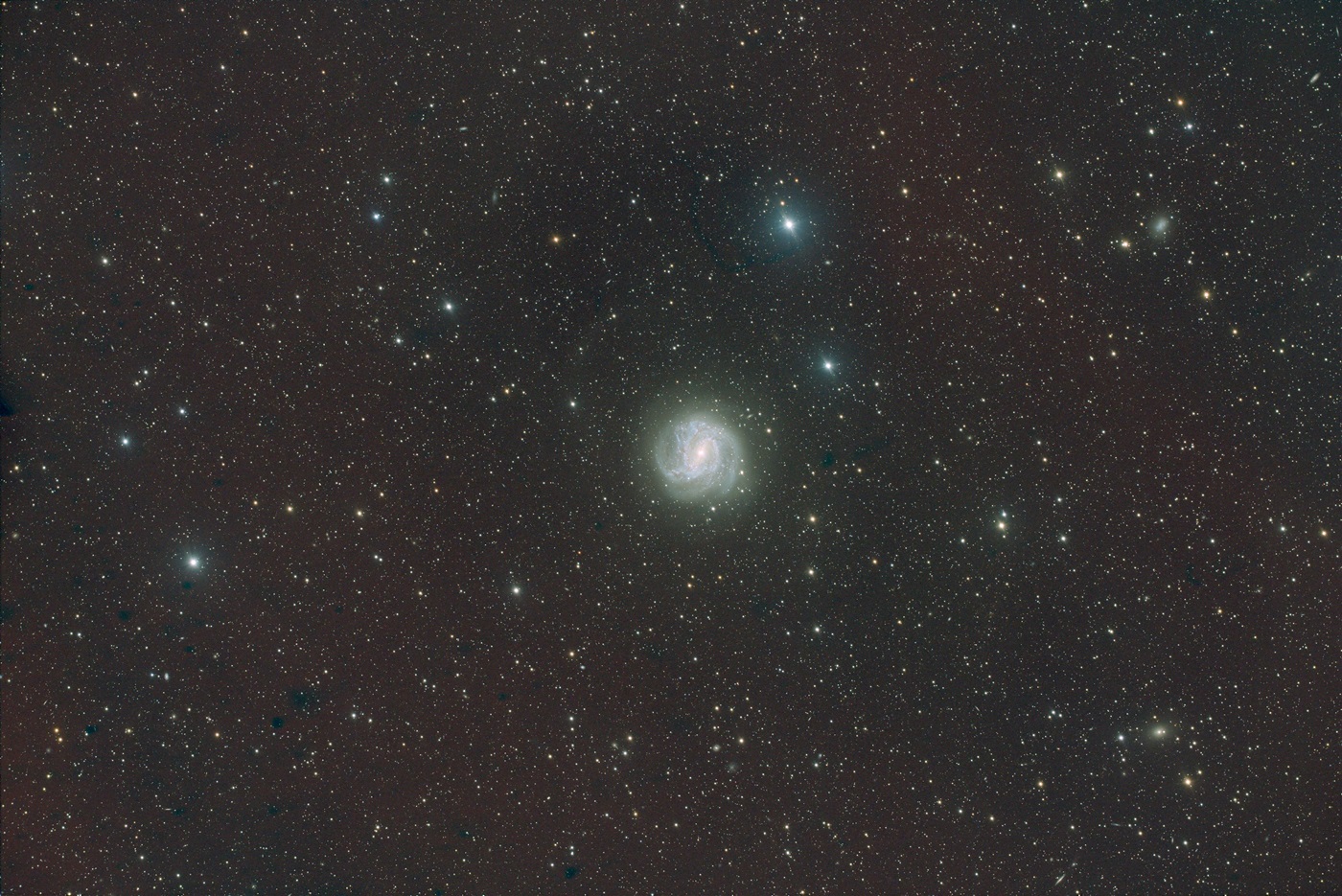
M83 is 15 million light-years away. That’s a number so big you can’t hold it in your head for long without it dissolving into abstraction, like trying to recall the exact smell of your grandmother’s kitchen. But point a telescope at it, set up a long exposure and let the photons pile up, and slowly — miraculously — a picture emerges.
And what a picture it is.

As I stared at that distant smudge of light, possibly affected by the cold or maybe just the sheer silence, I started humming a song from my youth. "Just a castaway," sang Sting, "an island lost at sea-o." It struck me then that M83 is just that: a castaway in the great cosmic ocean. A lonely island universe, sending out light like an SOS that’s been travelling towards us since long before humans ever thought to call themselves astronomers.
The light in that image left Messier 83 15 million years ago. Back then, on Earth, our distant mammal ancestors were probably working out how to climb trees. Since then, empires have risen and fallen, continents have shifted and the entirety of human history has played out. And all the while, that light has been quietly crossing the abyss.
I like to think of this galaxy as a message in a bottle floating across time and space, finally picked up by a slightly over-caffeinated bloke in Otago with a telescope and a bit of time on his hands.
It’s a strange kind of intimacy, this business of looking at galaxies. You feel connected to something vast but also reminded of your smallness. That we’re all, in some way, adrift. But we’re also receivers — readers of messages scrawled in ancient light. And if we’re lucky, we can catch them, even answer back.
So, the next time you find yourself outside on a clear night, take a look up. Somewhere out there, among the stars, a bottle’s drifting your way.
Just maybe it’s meant for you.












